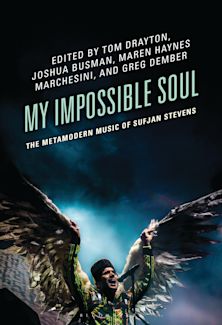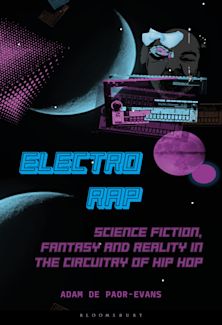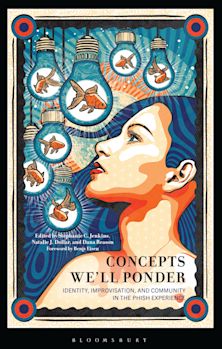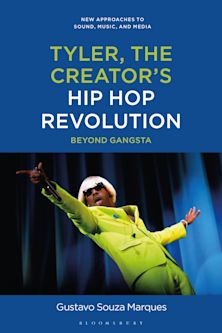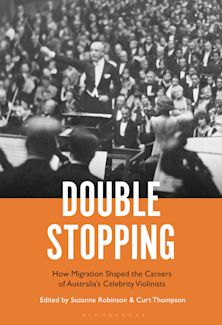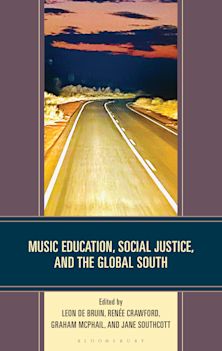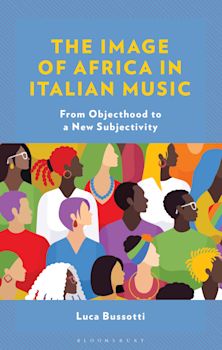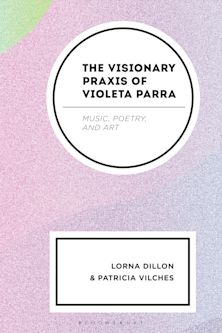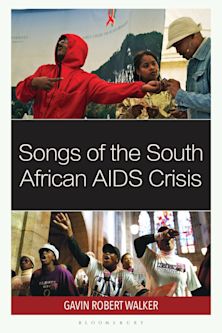Description
Why does Stanley Cavell's philosophical thought matter for music? And how did Cavell's musical practice and appreciation of music give shape to his indelible philosophical claims about cinema, human speech, opera, the expression of skepticism, and ordinary language philosophy?
Music with Stanley Cavell in Mind provides a first-of-its-kind intervention by leading philosophers and scholars of music into an intellectual landscape in need of such charting. As a performer who then trained as a philosopher, the arc of Cavell's wide-ranging investigation of music maps consistently with a proximate concern for the features of human experience that involve music and sound, including the sound of prose, authorial voice (its possession, its divestment, its arrogation), the presence/problem/potentiality of silence in communication, and related features of sonic phenomena central to life lived at the scale of the everyday. Despite widespread scholarly fascination with the intersection of “Cavell” and “music”--that music is famously a core theme for him--no book like this has yet appeared. Moreover, our efforts here are addressed to the serious student (at all levels) and the general reader alike arriving from many precincts of thought and practice: musical performance, literary theory, cultural studies, musicology, and philosophy.
Table of Contents
Charles Bernstein, University of Pennsylvania, USA
Prelude: Sounds of Philosophy
David LaRocca, Cornell University, USA
Movement I / Measures
1. Critical Listening: An Understanding of Cavell's "An Understanding with Music"
Jean-Philippe Antoine, Université Paris 8 Vincennes-Saint Denis, France
2 Impressions of Meaning in Cavell's Life Out of Music
William Day, Le Moyne College, USA
3. Cavell on Music: As Performer, as Writer
John Harbison, Massachusetts Institute of Technology, USA
Movement II / Registers
4. "A Voice Deep Inside": Cavell, Streisand, and the Reach of Song's Inner Speech
Garrett Stewart, University of Iowa, USA
5. Cavell as Halted Traveler: The Experience of Music
Richard Eldridge, Swarthmore College, USA
6. The Sound of Reality
Jocelyn Benoist, Université of Paris 1 Panthéon-Sorbonne, France
Movement III / Recitatives
7. Something Called Perfect Pitch: Cavell and the Calling of Ordinary Language to Mind
Paul Standish, University College London Institute of Education , UK
8. Understanding Music, Understanding Persons: Cavell and the Necessity of Intentional Content
Garry L. Hagberg, Bard College, USA
9. Punk Discomposed: Staging Sincerity and Fraudulence
David LaRocca, Cornell University, USA
Movement IV / Intervals
10. Listening In: Cavell, Krenek, Cage, Reich at the Limits of Musical Meaning
Kevin C. Karnes, Emory University, USA, and John T. Lysaker, Emory University, USA
11. Cavell's Odd Couple: Schoenberg and Wittgenstein
Eran Guter, Max Stern Jezreel Valley College, Israel
12. Words Sing: Wittgenstein, Cage, and Cavell on the Poetics of Language and Music
Gordon C. F. Bearn, Lehigh University, USA
Coda: Out Waltzed Stanley
Charles Bernstein, University of Pennsylvania, USA
Acknowledgments
Contributors
Index
Product details

| Published | 08 Aug 2024 |
|---|---|
| Format | Ebook (Epub & Mobi) |
| Edition | 1st |
| Extent | 320 |
| ISBN | 9798765111055 |
| Imprint | Bloomsbury Academic |
| Publisher | Bloomsbury Publishing |
Reviews

ONLINE RESOURCES
Bloomsbury Collections
This book is available on Bloomsbury Collections where your library has access.













